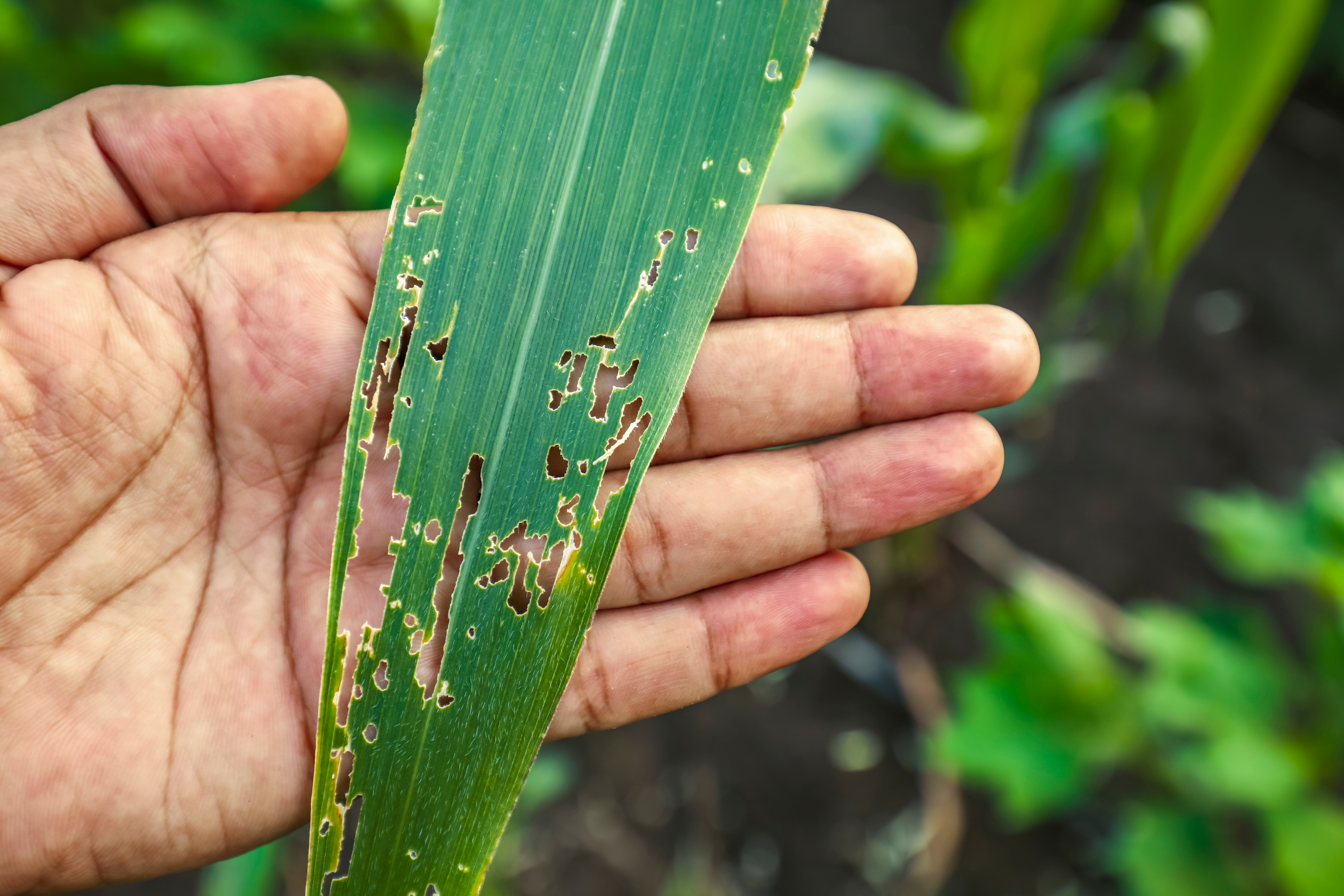Pests and Your Garden
Even the healthiest of gardens encounter pests at one point or another, bugs are a natural part of a garden’s ecosystem. Unfortunately, there are good and bad bugs and the bad bugs can create a headache quickly.
Here are a few tips to help manage pests in your garden:
1. Monitor early to avoid a larger problem
Prevention is the best method! Make it part of your weekly routine to check on your plants for any pest damage. The earlier an issue is identified the quicker it can be resolved with the least amount of damage done.
2. Encourage beneficial insects
Insects that are beneficial feed on the pesky insects and their larvae.
You’ll want to attract some the these insects:
- Lacewings and their larvae devour lots of bad bugs, including aphids, caterpillars, thrips, leafhoppers, scales, whiteflies and even insect eggs.
- Spiders are valuable allies, eating all kinds of pests like aphids, wasps, beetles, mosquitoes, and flies.
- Tachinid flies are natural enemies of caterpillars, beetles and shield bugs.
- Ladybugs and their larvae feed on aphids and other soft-bodied pests.
3. Strategically choose plants and flowers that attract pest control insects and pollinators alike!
Plants you should look to include throughout your garden are:
- Catnip prevents aphids, beetles, caterpillars and shield bugs.
- Dill prevents aphids, caterpillars, shield bugs and spider mites.
- Mint prevents aphids, beetles, caterpillars, shield bugs and whiteflies.
- Nasturtium prevents aphids, beetles, caterpillars and shield bugs.
- Marigolds have a scent that will keep pests like mosquitoes, nematodes, and other pests away. Plant marigolds to attract beneficial insects that attack and kill aphids.
- Rosemary this pungent herb prevents pesky insects while attracting good ones
If you are having a problem and need more immediate action, try this organic spray. Mixture courtesy of Future Growers LLC. This organic spray can be used for many insects like aphids, mites, thrips, whiteflies, and other small insects. This formula even serves as a mild fungicide!
Mixing instructions follow:
- Horticultural grade insecticidal soap, 1 tablespoon per gallon of water
- Horticultural grade neem oil, 1 tablespoon per gallon of water
- Mix everything well, and then continue to shake periodically during use.
- Always spray in morning, before sunrise, or in late evening. Never spray in sunlight.
- Spray plants liberally — soak them — and be sure to wet the undersides of leaves where the insects feed.
- Discard old spray. Do not save!
- Clean sprayer well after each use.
4. Know your culprits!
Correctly Identify the Bad bugs so you can narrow down how to deal with the problem. Use this guide from Plant Natural Resource Centre to help you.
Here at Dutch Canuck we are knowledgeable in all things pest related. We would be happy to connect with you to help deal with a current pest issue or even better, design a garden space that will work to prevent pest issues in the future.
Call or email us today!

